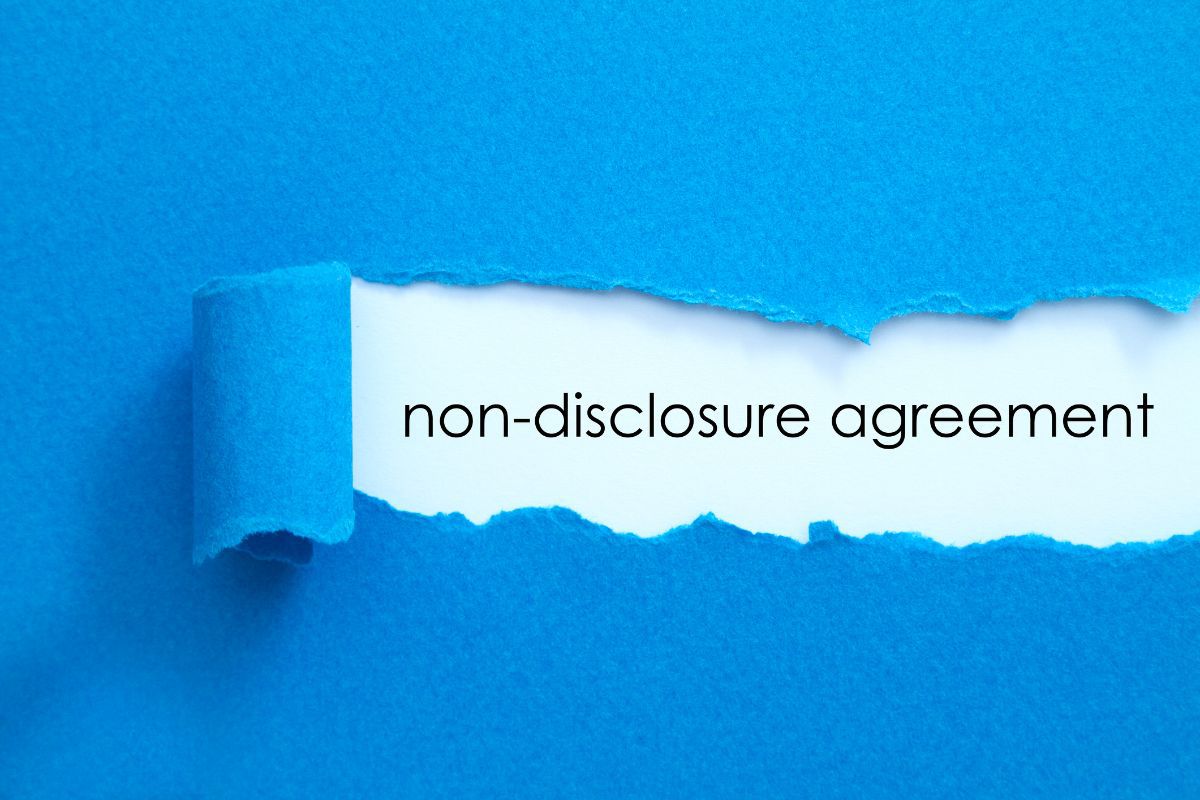The duties of employees during and after their terms of employment to safeguard confidential company information and trade secrets can pose significant issues for Arizona businesses. Using non-disclosure agreements (NDAs), whether in the context of employment or severance agreements, is one way to safeguard crucial, confidential, proprietary company information.
We have years of experience drafting, implementing, and enforcing non-disclosure provisions in employment contracts for business owners and entities across various industries. An Arizona commercial litigation attorney at Provident Law® can advise you and your business of your legal rights to protect this information through NDAs. We also can represent your interests if a current or former employee breaches their contract and help guide you through any ensuing litigation, if necessary. Together, we can explore the legal options available to you, determine the best strategy for addressing the situation, and work to resolve the issue as effectively and efficiently as possible.
Understanding the Purpose of Non-Disclosure Agreements
Businesses use NDAs to protect proprietary information crucial to their business operations, including trade secrets, client lists, formulas or ingredients used to make products, market research, and other information, depending on your industry. Disclosure of proprietary information to competitors, or use of this information by former employees to unfairly compete with your company, can result in economic disadvantage and damage. Similarly, a competing company could use information about a potential business deal to its advantage and your company’s detriment if an NDA is not in place before negotiations begin.
Drafting Legally Valid NDAs
Non-disclosure agreements are only useful if they are legally valid and enforceable contracts. When properly drafted, if one party to the contract violates the NDA, the non-breaching party has legal remedies. Assuming that your NDA withstands legal scrutiny, a party who violates an NDA can be liable for damages related to its disclosure of the information covered by the NDA, which can be significant in some cases.
Arizona courts will only uphold the legal validity of reasonable non-disclosure agreements, meaning that NDAs must not be overly restrictive regarding time, geography, and content. As a result, NDAs for employees must only last for reasonable periods. They also should not contain an infinitely broad definition of a company’s confidential information. A well-drafted and reasonable NDA should be narrowly tailored to only restrict disclosure of a company’s confidential information, not broadly prevent all competition with the company.
Furthermore, if you want to use an non-disclosure agreements to protect confidential company information, then the information that the NDA covers must be confidential. To that end, you must take steps to keep the information confidential. For instance, if you allow everyone in your company liberal access to that information but only want some employees to sign an NDA, the court may find that the information is not confidential, thus rendering your NDA invalid.
Likewise, you cannot use an NDA to protect “confidential” information that is otherwise publicly available. Therefore, if anyone can pull up the information on Google, it is not confidential, and you cannot use an NDA to protect it.
When Businesses Use NDAs
Companies, therefore, use NDAs to ensure that current and former employees do not disclose valuable proprietary information. As a result, you may require current employees, especially management or professional positions, to sign stand-alone NDAs or place non-disclosure provisions in employment contracts. In addition, when employees leave the company, you may condition their receipt of severance pay or other benefits on signing a separate NDA or a severance agreement containing a non-disclosure provision.
Sometimes, businesses may execute bilateral NDAs with other companies while negotiating certain business deals, mergers, sales, or contracts. These NDAs ensure that neither company divulges information to the media or the public that would adversely affect either company before they can finalize the deal. For example, some terms of a bilateral NDA may be subject to time limits, so the parties would be free to disclose them once the deal becomes final. However, other terms of the NDA may be indefinite, such as the sales price in the event of one company acquiring the other. Likewise, if the parties cannot reach an agreement, the failed negotiations have caused no damage to either company.
Contact Us for Assistance with Your Commercial Law Issue Today
The commercial litigation attorneys at Provident Law® have over 200 years of combined legal experience representing clients in commercial litigation matters. We are well-positioned to help you efficiently and economically resolve all types of commercial disputes, including those concerning non-disclosure agreements. We aim to build a long-term relationship with you as we work together to proactively address and solve the most complex legal problems that your business may face. Contact a commercial litigation attorney today by calling (480) 388-3343 or reach out to us online to set up a time to see what we can do for you.


